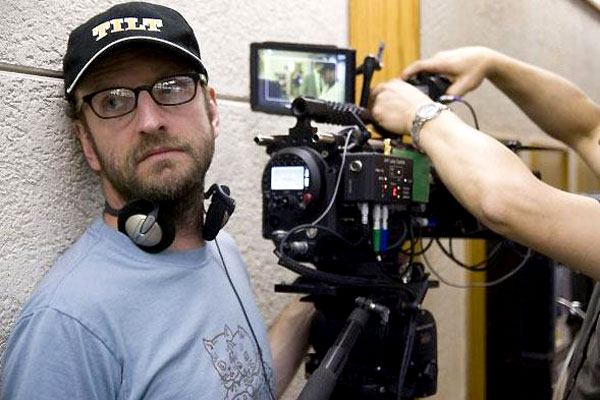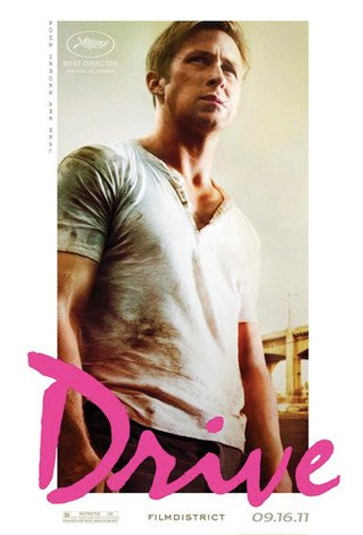Soderbergh on Cinema is Soderbergh on Publishing

Film director Steven Soderbergh recently spoke at the 56th annual San Francisco International Film Festival. Before the speech Soderbergh said he would “drop some grenades.” Rarely does that happen. But what Soderbergh did was special – he pierced holes into an industry that is corporatizing and mainstreaming a once beautiful and individualistic art form.
I’m not a student of film nor would I consider myself knowledgeable on the industry. So after I read the full transcript of Soderbergh’s speech I wondered why I was so captivated. The answer was simple: I was reading a speech about the state of film, but as a writer, I was reading a speech about the state of publishing.
Soderbergh’s main sticking points: a bigger film budget yields bigger results, those in charge at the studios don’t watch cinema, artists need to be supported financially long term, ambiguity is toxic to a mainstream audience, and too much emphasis is placed on testing and pre-sales numbers, may sound like sour grapes to some, but I believe he’s accurate. I believe what he says about the state of cinema is in direct correlation to how I, and many, feel about the state of publishing.
Soderbergh loves strangeness and ambiguity in film. The ambiguity in my second novel, published by Penguin, was questioned by my editor. The push to extend the “reality storyline” in the book became a main focus during revisions. There had to be more of a love story. Things had to make sense. Sentences deemed strange and vague were questioned with “I really like this, but what does it mean?” The push for things to “make sense” has resulted in boring movies and boring books. READ MORE >
DRIVE
You’ve probably heard by now that Drive is very, very good. That’s because Drive is very, very good. Indeed, it’s about as good as a Hollywood film can be these days—it even bears comparison with the great B-movies of the late ’70s / early ’80s, which supposedly went extinct when Hollywood transformed itself into a industry of nothing but A-movies. (Box Office Mojo lists Drive’s production budget as $15 million, which is half as much as Woody Allen’s most recent film.)
After the jump is a spoiler-free list of ten things that I loved about the film.

